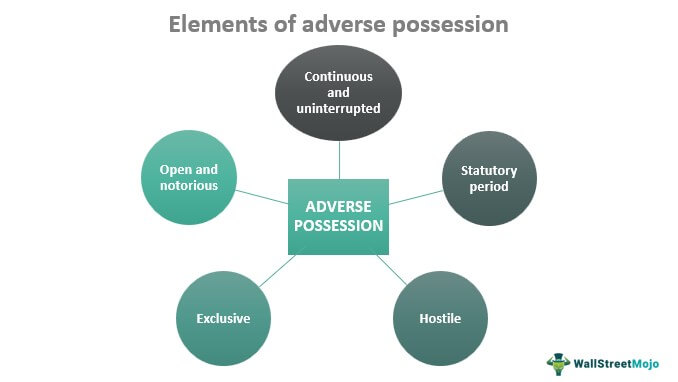Adverse possession is a legal process by which a person or entity can acquire title to a piece of real estate that is owned by someone else. In some cases, it is possible to obtain ownership of a property through adverse possession if certain conditions are met and the right steps are taken. This article will explain what adverse possession is, how it works, and its financial implications. Understanding how this process works can be beneficial to those looking to purchase a property or to those who may find their property subject to a claim of adverse possession.
What Rights Does Adverse Possession Give?
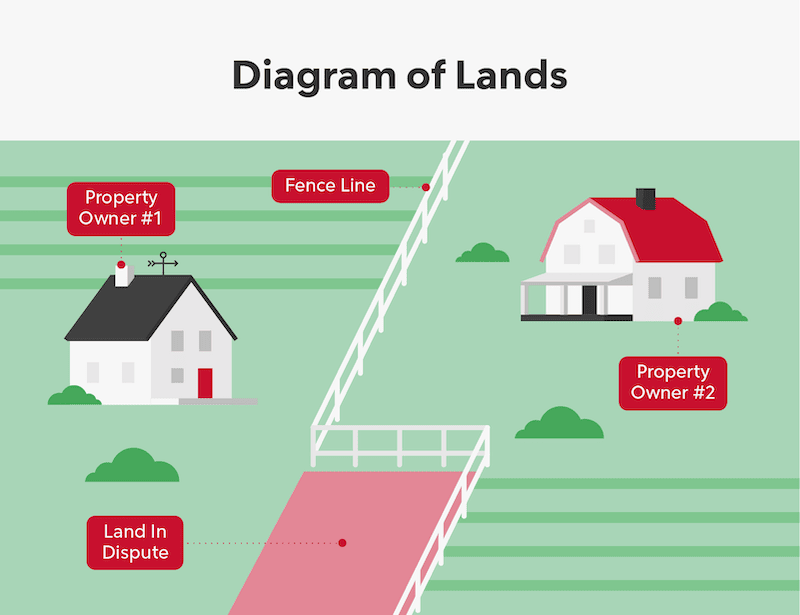
Adverse possession is a legal concept that gives someone the right to own a piece of property without having to pay for it. It can be used as a means to gain ownership of a property that is not owned by anyone else for a period of time. By taking possession of the property, the possessor essentially has the same rights as the owner, including the right to use and occupy the property. In some cases, the possessor may even have the right to sell or transfer the property to someone else. Adverse possession can be a great way to acquire a property that was previously unclaimed, but it is important to understand the legal requirements in order to ensure that the transfer is legitimate.
What Are the Requirements for Adverse Possession?
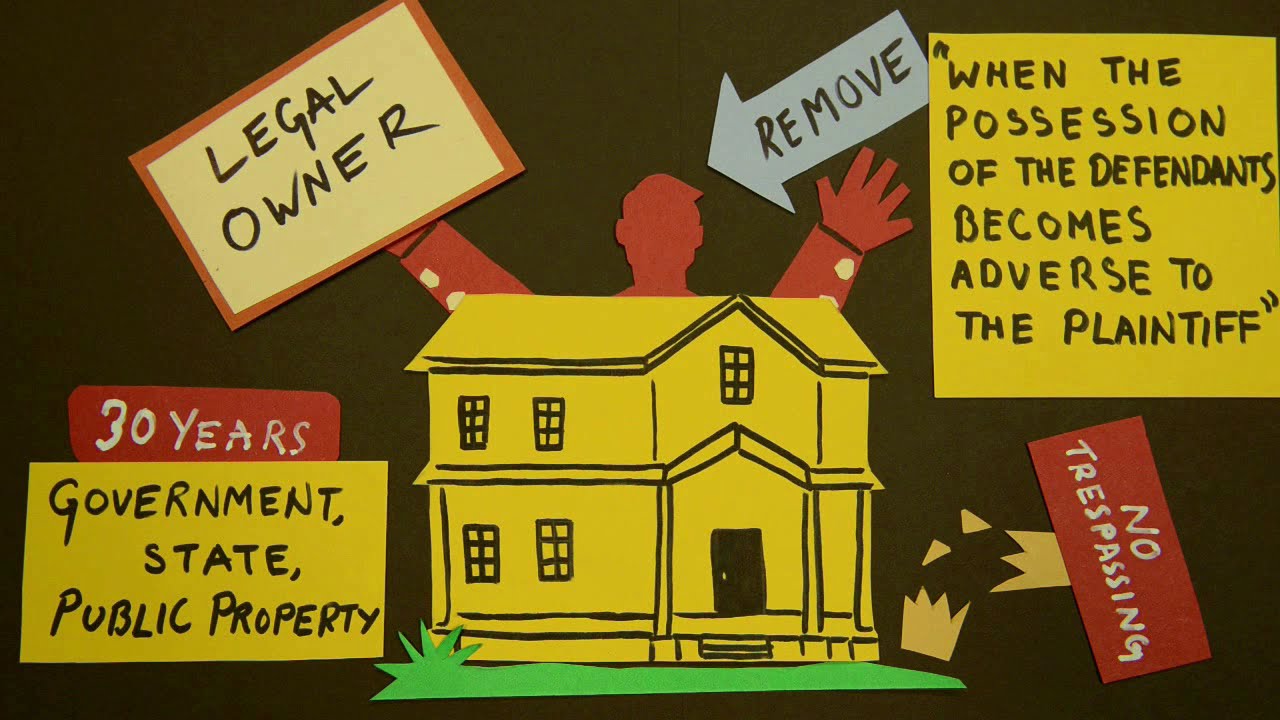
Adverse possession is a legal right where a person can take ownership of someone else’s property if they have been occupying it for a certain amount of time. It’s not easy to make a claim of adverse possession, and there are certain requirements that must be met in order to be successful. In some states, these requirements are quite strict and include a continuous and exclusive occupation of the land for anywhere from five to twenty years, depending on the state. Furthermore, the occupier must have an intention to possess the land and must use it as if it was their own, paying any taxes or fees that are applicable. To complete a claim, the occupier must also prove that their use of the land has been open and notorious, meaning that it’s obvious and well known to the public that the occupier is using the land. If all of these requirements have been met, then the occupier can make a successful claim of adverse possession and take ownership of the land.
How Does Adverse Possession Differ from Squatting?
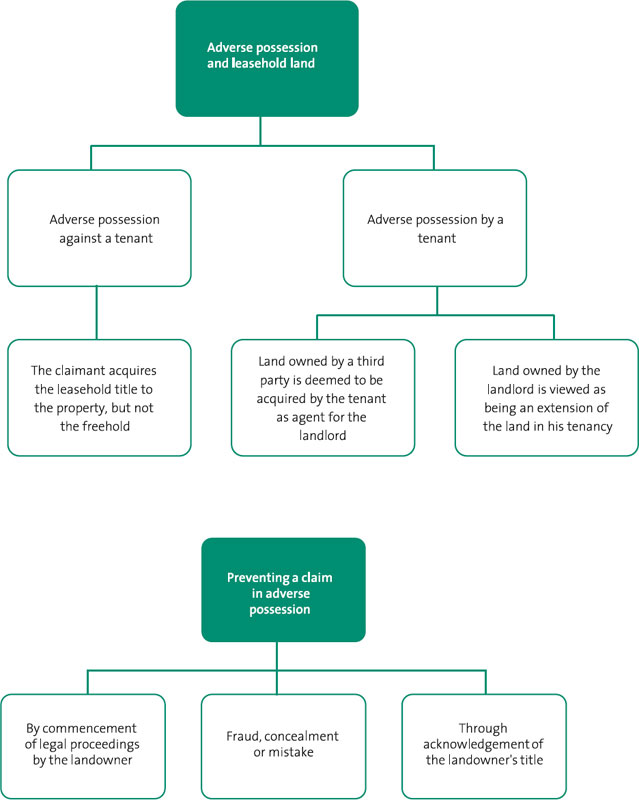
Adverse possession and squatting are two different concepts that can be easily confused due to their similar sounding names. While they both involve taking possession of a property, they differ in important ways. Adverse possession is a legal process in which a person who is not the owner of a property may gain legal title to the property by living on it continuously for a certain period of time. Squatting, on the other hand, is an illegal act which involves wrongfully occupying a property without the permission of the owner. Adverse possession is a lengthy process and requires the occupant of the property to meet certain requirements in order to gain legal title to the property. Squatting, on the other hand, is not sanctioned by law and can lead to eviction and legal action. Therefore, it is important to understand the differences between adverse possession and squatting in order to make sure that you are abiding by the law.
What Are the Legal Implications of Adverse Possession?
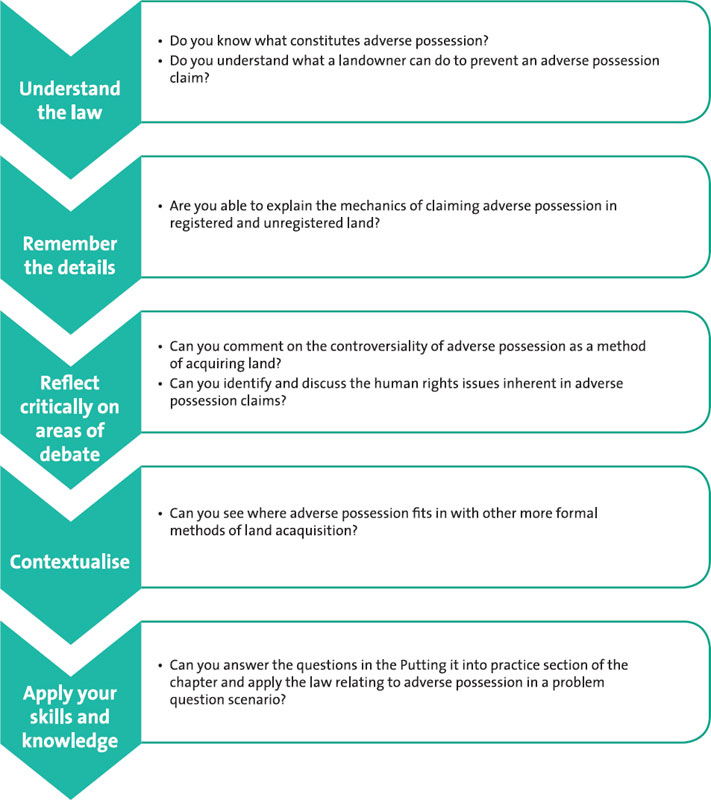
Adverse possession is a legal concept that allows someone to become the rightful owner of real estate they don’t legally own. This process is often referred to as “squatter’s rights” and can be used as a way to gain ownership of a property. While this process can sound like a great way to get a free property, there are a few legal implications to keep in mind.Adverse possession laws vary from state to state, but typically require that a person actually occupy the property for a certain amount of time and that they pay taxes and take proper care of the property. Additionally, the person occupying the property must prove that the current owner was aware of their presence and that they took “open and notorious” possession of the property. Furthermore, the current owner must have neglected their duty to evict the occupier. It is also important to note that some states have laws that limit the amount of time a squatter can stay on the property, so it is important to check the laws in your state before attempting to gain ownership through adverse possession.
What Are the Ways to Avoid Adverse Possession?
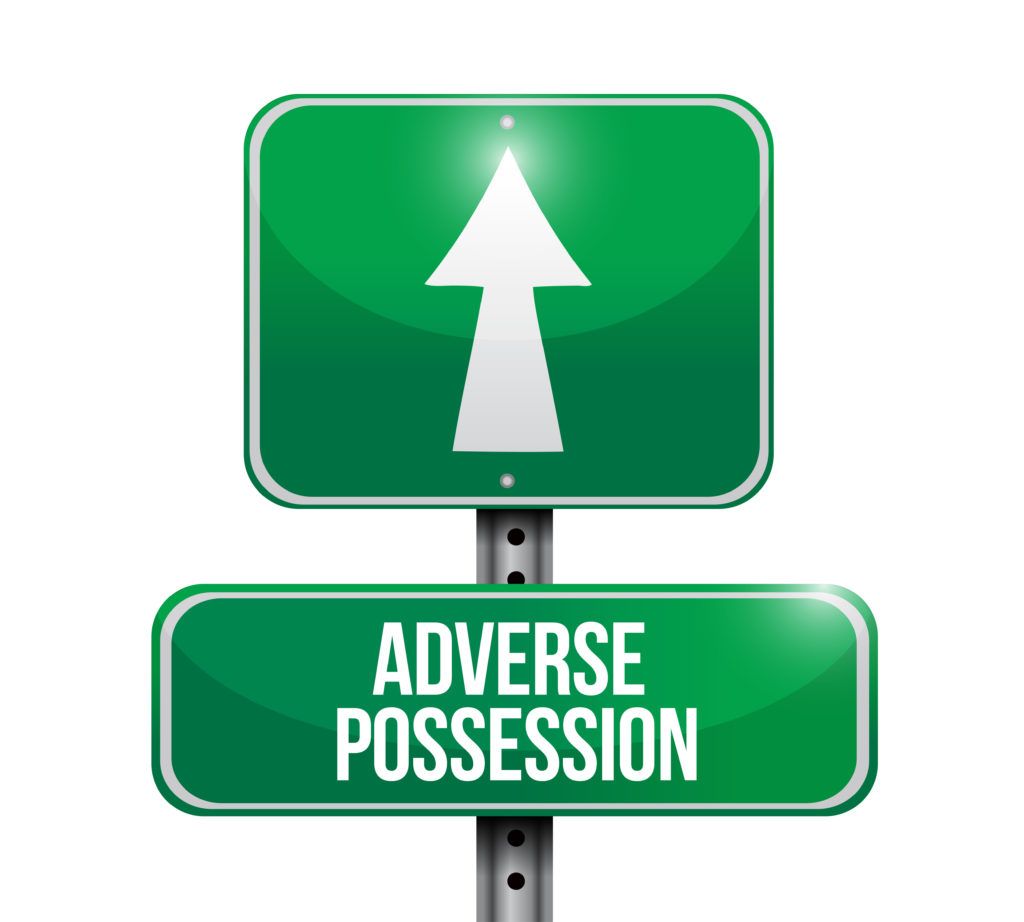
If you want to make sure you don’t lose your property to adverse possession, the best thing to do is to be proactive. Make sure you know the laws in your state and take steps to protect your property. First and foremost, regularly check your property to make sure no one is living there without your permission. Secondly, always be sure to pay your property taxes on time. Finally, if you think someone is trying to claim your property through adverse possession, contact an attorney to help you protect your rights. Taking these steps can help you avoid the hassle and expense of dealing with an adverse possession claim.

